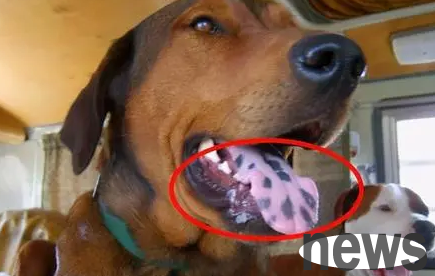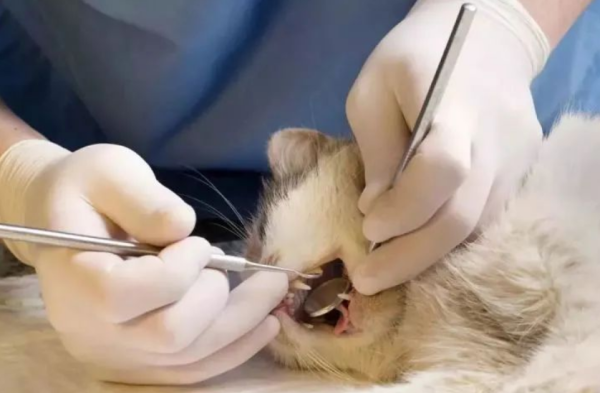Can dogs eat seafood? What should I do if I lose my appetite?
Can dogs eat seafood? This is a common question that every dog owner should know. The diet of dogs is very important to their health. Dogs are not allowed to eat all foods, including foods like seafood, and they must eat with caution.

First of all, dogs can eat seafood. This includes many kinds of seafood, such as fish, shrimp, crabs and even snails. Dogs can get rich nutrients from these foods, such as protein, vitamins and minerals. However, dogs need to be cautious when eating seafood, as some types of seafood may not be suitable for them. For example, some dogs may have allergic reactions due to seafood, especially allergic skin diseases.

Note: Dogs should not eat salmon and salmon at the same time, and they contain fatty acids that are not friendly to dogs. When you give your dog seafood, be sure to make sure they are fresh without any signs of rot. These seafood should be freshly picked, not foods that have expired or stored for too long.
Seafoods that dogs should not eat include abalone and squid, as these foods may cause problems such as intestinal discomfort. In addition to food, the health of a dog also depends on whether its appetite is normal. If your dog has no appetite, then this may be a sign of some kind of physiological or psychological problem. There are some common causes that can cause dogs to lose appetite, such as illness, dietary changes, indigestion, anorexia, and more. In this case, the best way is to take the dog to the veterinarian to understand the root of the problem and find a solution.
If the dog just loses its appetite occasionally, consider some simple solutions to stimulate its appetite, such as providing some new food or adding some extra food, such as yogurt or eggs. At the same time, letting your dog do more exercise and shorten the drinking time may help boost its appetite.
In short, dogs can eat seafood, but only for safe and fresh seafood. If your dog has appetite problems, don't delay time, take it to the veterinary examination and seek solutions. By understanding the diet and health needs of your dog, you can ensure that your pet has the healthiest and happiest life.




